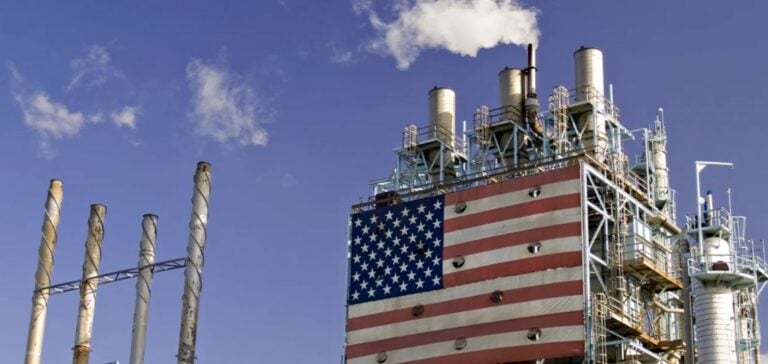Between September 2021 and July 2023, the United States extracted around 274 million barrels from its strategic reserves, reducing them to their lowest level in 40 years. This action, described as unprecedented, was criticized by political opponents as a maneuver for political ends, although it was intended to respond to major disruptions in the oil market.
Replenishment strategy
Since June 2023, the government has been buying back oil to replenish these reserves. In nine months, reserves rose by around 14.7 million barrels. Energy Minister Jennifer Granholm highlighted the purchase of an additional 30 million barrels and the use of swap contracts to recover oil, looking to restore reserves to previous levels by the end of the year.
Cancellation of Additional Drawings
The Energy Secretary also mentioned the cancellation, with the support of Congress, of additional drawdowns that were provided for in previous legislation. These measures would have forced the Department of Energy to sell an additional 140 million barrels between 2023 and 2027, underlining an effort to adapt energy policy to market realities.
Impact on the oil market
Following periods of tension, due in particular to the pandemic and Russia’s invasion of Ukraine, the oil market has stabilized since the autumn. Oversupply and uncertainties over demand have prompted some OPEC members and their allies to cut production, with the aim of bolstering oil prices.
Energy Security and Market Response
Granholm emphasized the ability of the United States to act responsibly in the face of market changes, while preserving global energy security. This approach illustrates a balance between strategic intervention and adaptation to market dynamics, aimed at ensuring long-term energy stability.
The US plan to replenish its strategic oil reserves reflects a nuanced strategy aimed at balancing market intervention with energy security imperatives. This move, in line with developments on the oil market, reflects America’s determination to maintain its position of strength in the global energy context.






















